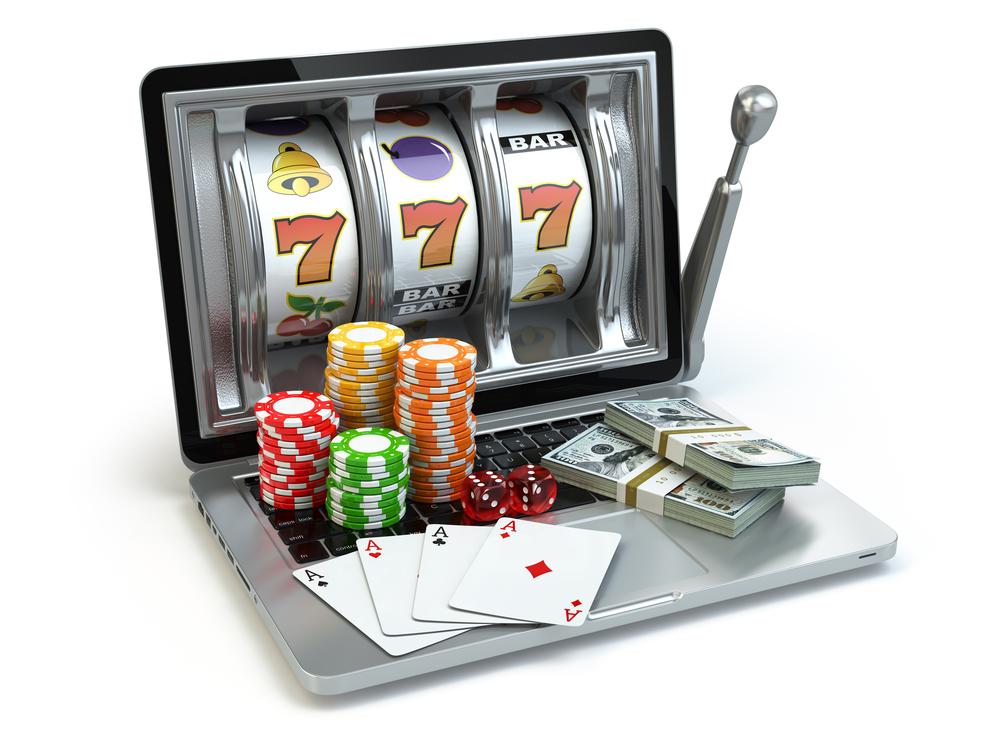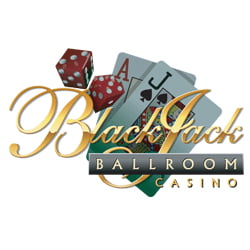
Blackjack is one of the most popular card games in casinos around the world. With its simple rules and fast-paced gameplay, it’s no wonder that so many people are drawn to this classic game of skill and strategy. While many players rely on luck to win at blackjack, there is a method that can give you an edge over the house - card counting.
What is Card Counting?
Card counting is a strategy used by skilled blackjack players to determine whether the next hand is likely to give them an advantage over the dealer. By keeping track of the cards that have been dealt, players can adjust their bets and playing decisions to increase their chances of winning. While card counting is not illegal, it is frowned upon by casinos, and players who are caught counting cards may be asked to leave the premises.
How Does Card Counting Work?
Card counting works by assigning a point value to each card in the deck. High cards (tens, jacks, queens, kings, and aces) are assigned a value of -1, while low cards (2-6) are assigned a value of +1. Cards 7, 8, and 9 are considered neutral and are assigned a value of 0. As the cards are dealt, players keep track of the running count by adding and subtracting the values of each card.
For example, if the first two cards dealt are a 10 and a 3, the running count would be -2 (+1 for the 10, -1 for the 3). As more cards are dealt, the running count will fluctuate, giving the player an indication of when the remaining cards in the deck are favorable for them.
Different Card Counting Systems
There are several different card counting systems that players can use, each with its own strengths and weaknesses. The most popular system is the Hi-Lo system, which is simple to learn and effective in practice. Other systems, such as the KO system and the Omega II system, offer more accuracy but require more skill to implement.
Tips for Mastering Card Counting
If you’re interested in mastering the art of card counting, here are a few tips to help you get started:
- Practice, practice, practice – Card counting requires concentration and quick mental math skills. The more you practice, the better you’ll become at keeping track of the cards.
- Start slow – Don’t try to count cards at a crowded table with a fast dealer. Start by practicing on your own at home or at a slow table with a friendly dealer.
- Keep your bets in check – While card counting can give you an edge, it’s not a guarantee of winning. Make sure to manage your bankroll and only bet what you can afford to lose.
- Stay under the radar – Casinos are on the lookout for card counters, so try to blend in and avoid drawing attention to yourself. Keep your emotions in check and don’t make drastic changes to your betting patterns.
Conclusion
Mastering the art of card counting in blackjack can give you a significant advantage over the house and increase your chances of winning big. While it takes time, practice, and patience to become a skilled card counter, the payoff can be well worth the effort. So, next time you sit down at the blackjack table, try your hand at card counting and see if you can beat the odds. Good luck!
































